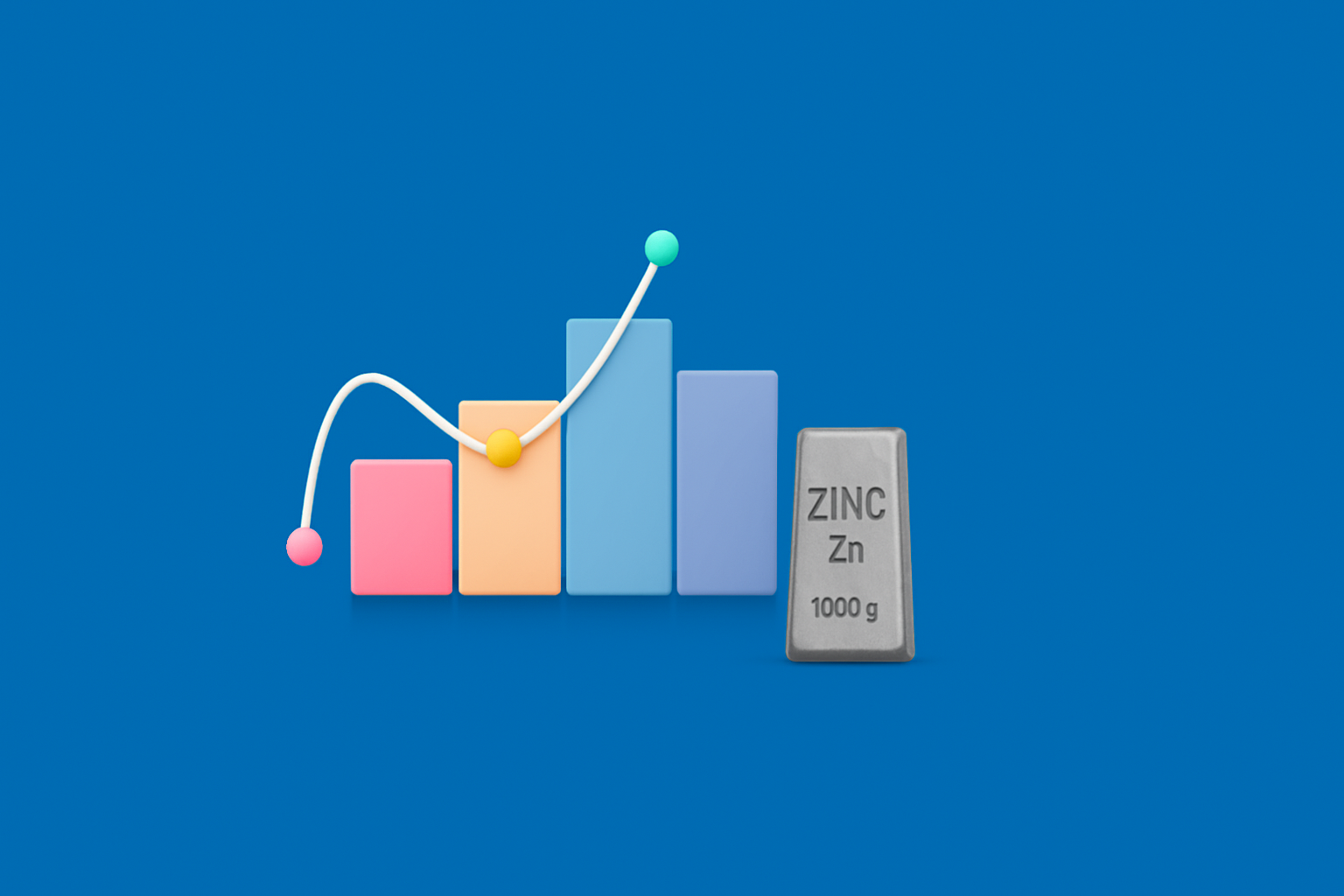Select MF: How Cash Exposure in MF Portfolio affects future performance

- Published Date: January 06, 2021
- Updated Date: October 08, 2025
- By Team Choice
Selecting the right mutual fund for investment goes beyond looking at past performance and star ratings. Most DIY investors look at these two factors while shortlisting the funds. But it may turn into disappointment because past performance may not be repeated in the future. Hence, to help investors in selecting suitable funds in a simplified manner, we are starting a series: Select MF. In this series, we will visit a few aspects of mutual funds every investor should know about.
In today’s blog, we will look at How Cash Exposure in MF Portfolio affects future performance.
The performance of a mutual fund is dependent on various factors. But one of the important factors is portfolio construction. For both equity and debt mutual funds, the underlying portfolio drives the mutual funds’ returns. In such a case, having high cash exposure in the portfolio can affect the mutual fund returns. Let’s see how.
Open a FREE Demat Account in 5 Mins.
- Free AMC for First Year
- Low DP Charges (₹ 10)
- No Auto Square Off Charges
- Free Research Advisory
What is the significance of Cash Exposure in MF Portfolio?
In both equity and debt funds, the fund managers have to stick to the fund’s investment mandate while creating a portfolio. But usually, fund managers have some leeway to hold cash in the portfolio in case they do find a good investment opportunity. This is applicable to both equity and debt funds. During the re-categorization, SEBI clearly defined every category and exposure limits.
For example, in the case of large-cap funds; at least 80% of total assets should be invested in large-cap stocks. But for the remaining 20%, fund managers can invest in non-large cap stocks or hold cash. According to the taxation rules, an Equity Fund is one that has 65% exposure to Indian equities at all times. If the exposure in Indian equity is less than 65%, then it will be defined as a Debt Fund.
All the mutual funds usually have some exposure in Cash. But if it is more than 5-8% then it starts affecting the performance.
How does Cash exposure in Equity Funds affect performance?
Due to the COVID–19 outbreak, Equity markets across the globe went through extreme volatility. But they also recovered quickly with the US market leading the way. There were some equity funds that had very high cash exposure before the pandemic as they believed markets were overvalued. These funds gave better returns compared to their peers over a one-year time frame because they had lesser exposure to equities.
Here are some funds with high cash exposure and their performance:
Long-Term Performance of Fund

We selected three funds from the top Equity categories that have the highest cash exposure. Clearly over the last 6 months and 1 year period. most of these funds overperformed the benchmark because of higher cash exposure. But how did they perform when the equity markets recovered sharply over the last 3 months? Here’s a snapshot:
Short-Term Performance of Fund

The performance of the same funds is below benchmark returns over the short term when the equity markets rallied. The reason for this underperformance is high cash exposure. As the funds were holding higher cash in the portfolio, they were caught off guard when the sudden market rally started. This performance will trickle down in the long term in the coming months.
Hence, while selecting an equity fund, only looking at past performance is not enough. The same reasons for which particular funds overperform the category in one market cycle can lead to underperformance in another market cycle.
In our view, while investing in Equity funds, you should prefer funds with lesser cash exposure. The reason for investing in equity funds is to benefit from market volatility to generate returns more than the benchmark. If the fund has higher cash exposure, some part of your investment stays in cash without earning much of a return. Hence, over the long term, such funds underperform the market.
How Cash Exposure is relevant in Debt funds?
Unlike Equity Funds, in Debt Funds, you should look at cash exposure from a different angle. Across various debt categories available in the Indian mutual fund industry, all of them will have some exposure toward cash as it is also a type of debt instrument. Hence, while looking at debt funds, the important aspect to look at is whether the fund has negative cash exposure.
So why would a fund have negative cash exposure? This can happen for two reasons. One, the fund manager found some good investment opportunities in a particular bond that he/she does not want to let go of. In this case, the fund manager borrows money and invests in the bond. When the fund gets additional inflow, or if any of the bonds mature, they can pay off the borrowed money.
The second reason can be the redemption pressure in a fund. If the fund sees extreme redemptions and if the existing markets are not favorable to sell the bonds in the portfolio, the fund manager may borrow money to fund redemptions. The problem with this approach is that the fund manager cannot keep borrowing money continuously. If the debt markets continue to be under pressure the fund manager may have to sell the bonds at a discount and incur losses. This is the reason for Franklin Templeton’s 6 debt funds shutdown.
Hence, while selecting a debt fund, be mindful of the cash exposure in a debt fund. If the cash is negative, then it is better to stay away from such a fund.
This is everything you need to know about how cash exposure in a mutual fund portfolio affects future performance.
Recommended for you

How to Bid in An IPO?

FII DII Data - Live Data

Why ESG Matters for India’s Growth Story
